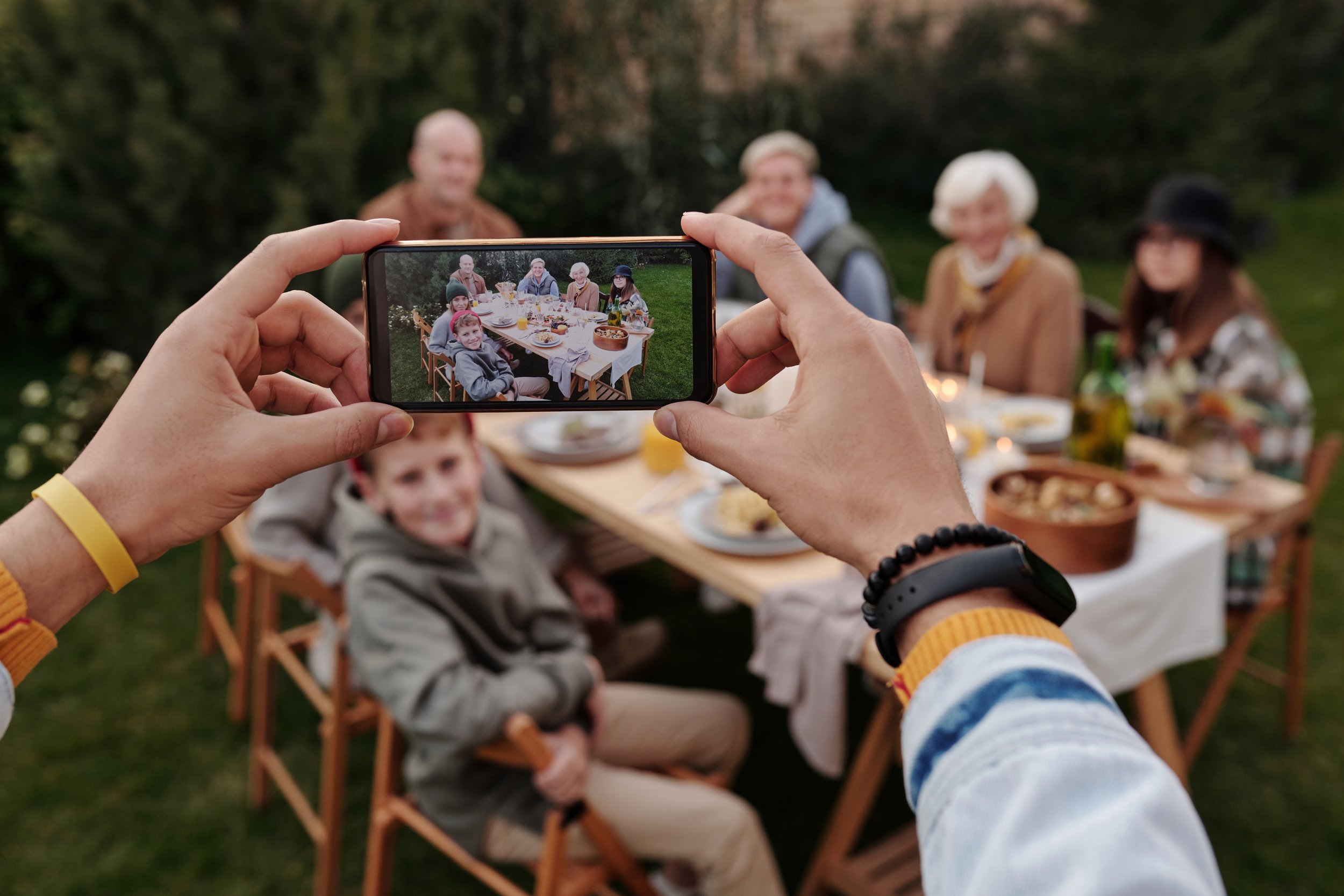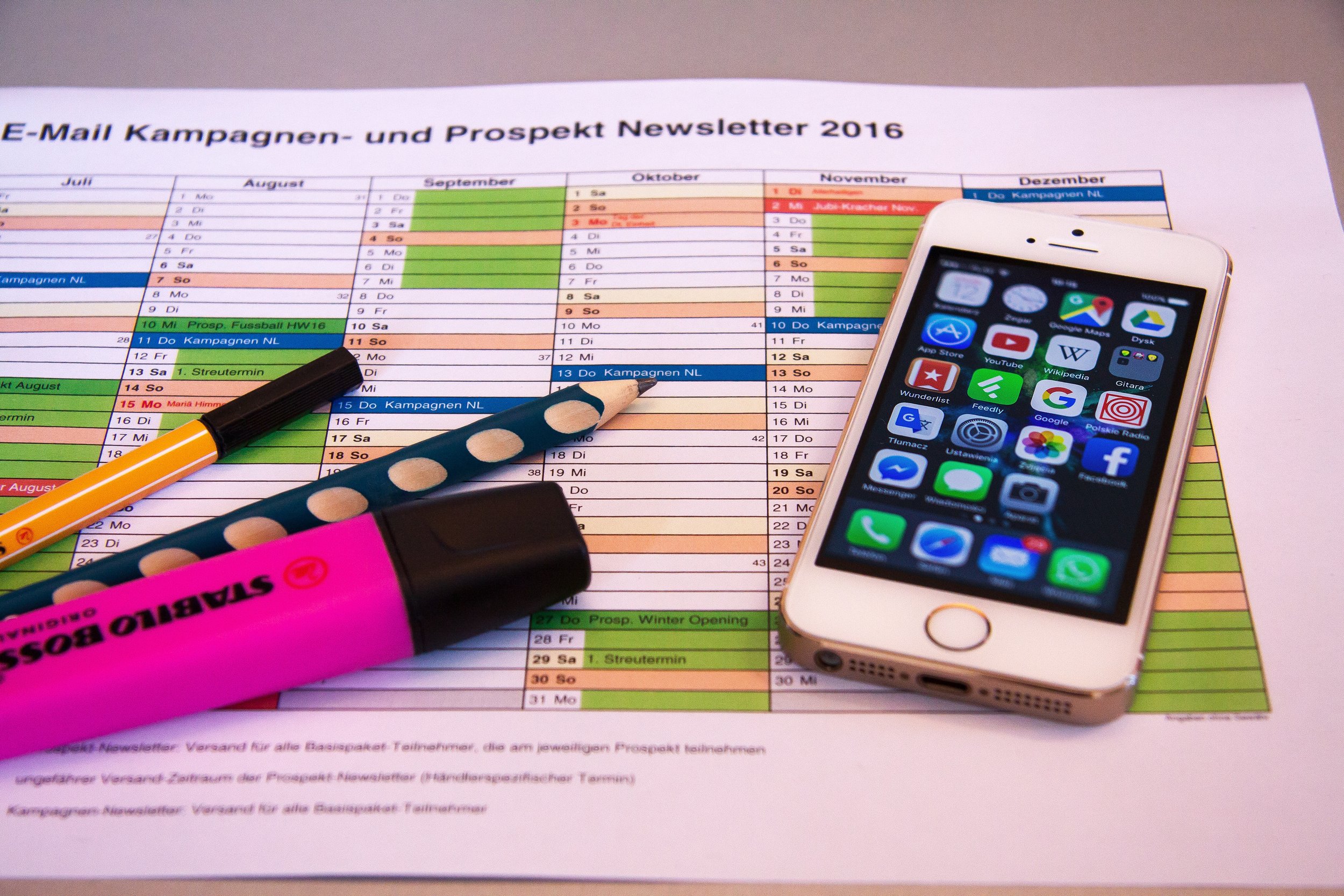-
Curious about Curiosity? The Mnemonic Benefits of Curiosity and Its Educational Implications
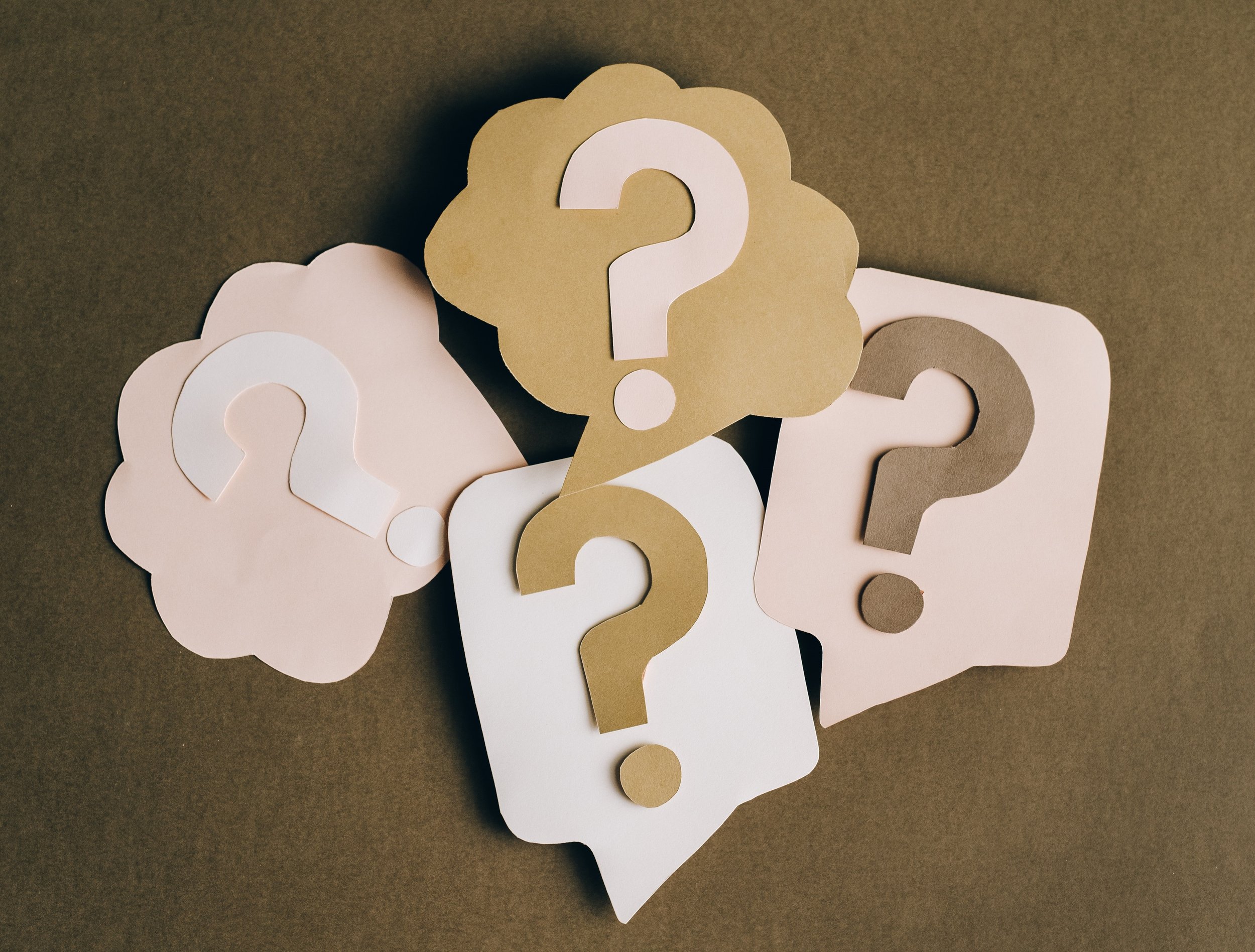
Did curiosity really kill the cat? The idiom “curiosity killed the cat” warns against the danger and misfortune that one’s curiosity can bring, but it turns out that curiosity is more beneficial than you might think.
-
A Bird’s Eye View: Using Distancing Language with Negative Memories

Why does [insert your name here] feel this way? ‘Distancing’ yourself from the situation when you reflect on negative past events might be an easy way to make you feel better. A recent study demonstrated that distanced self-talk decreased negative feelings about a wide range of memories, and across a variety of people.
-
Memory Distortion: What Really Happened in the Past?

Our memories ultimately determine who we are in the present; however, even our shared experiences are subjective, especially because such memories become distorted over time. But why does this happen in the first place?
-
Collaborative Inhibition: The Surprising Effect of Recalling Information in Groups
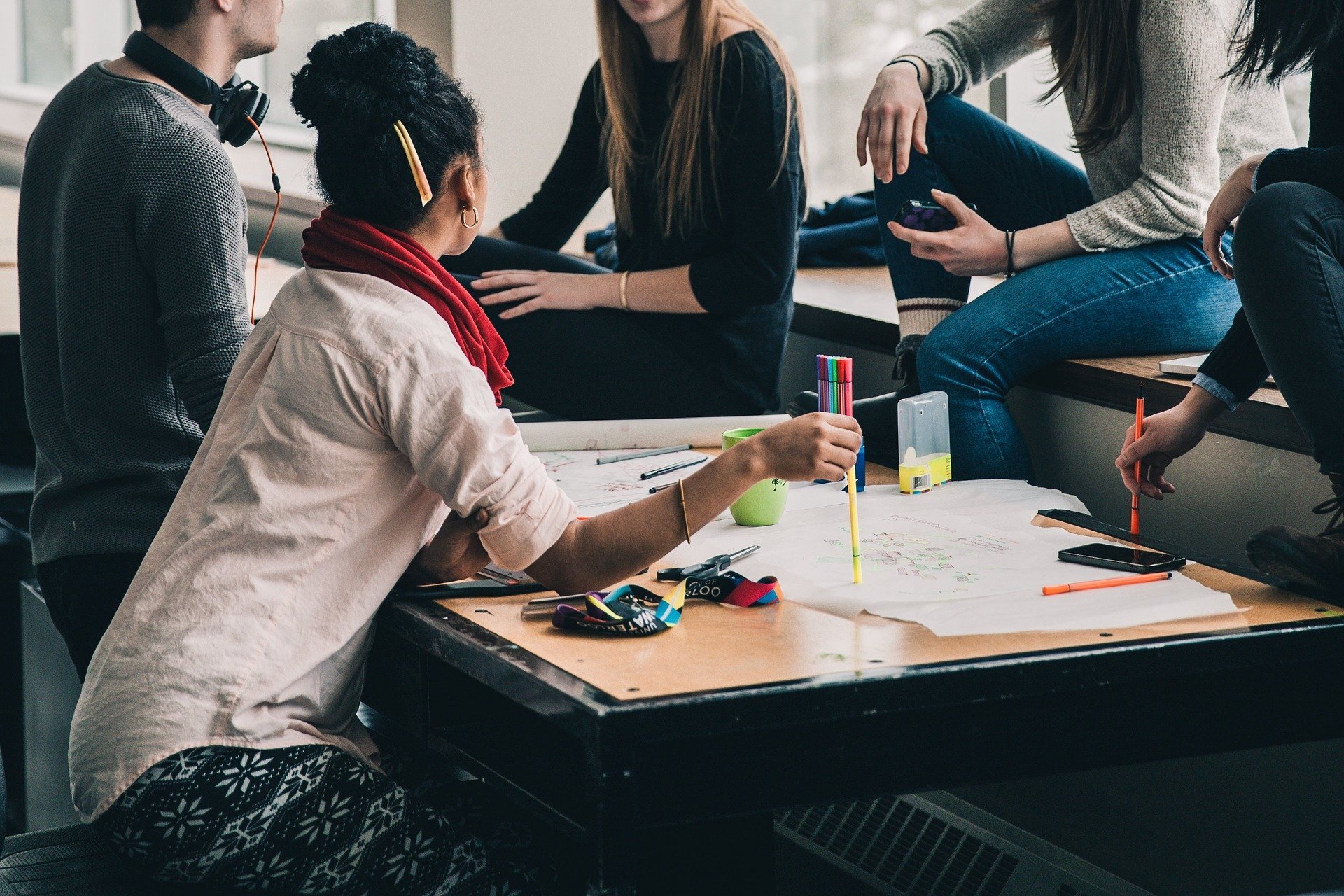
It is often said that “Two heads are better than one,” but do memory researchers agree? This article discusses the surprising effect known as collaborative inhibition.
-
A Lifetime of Knowledge Can Benefit Memory in Old Age
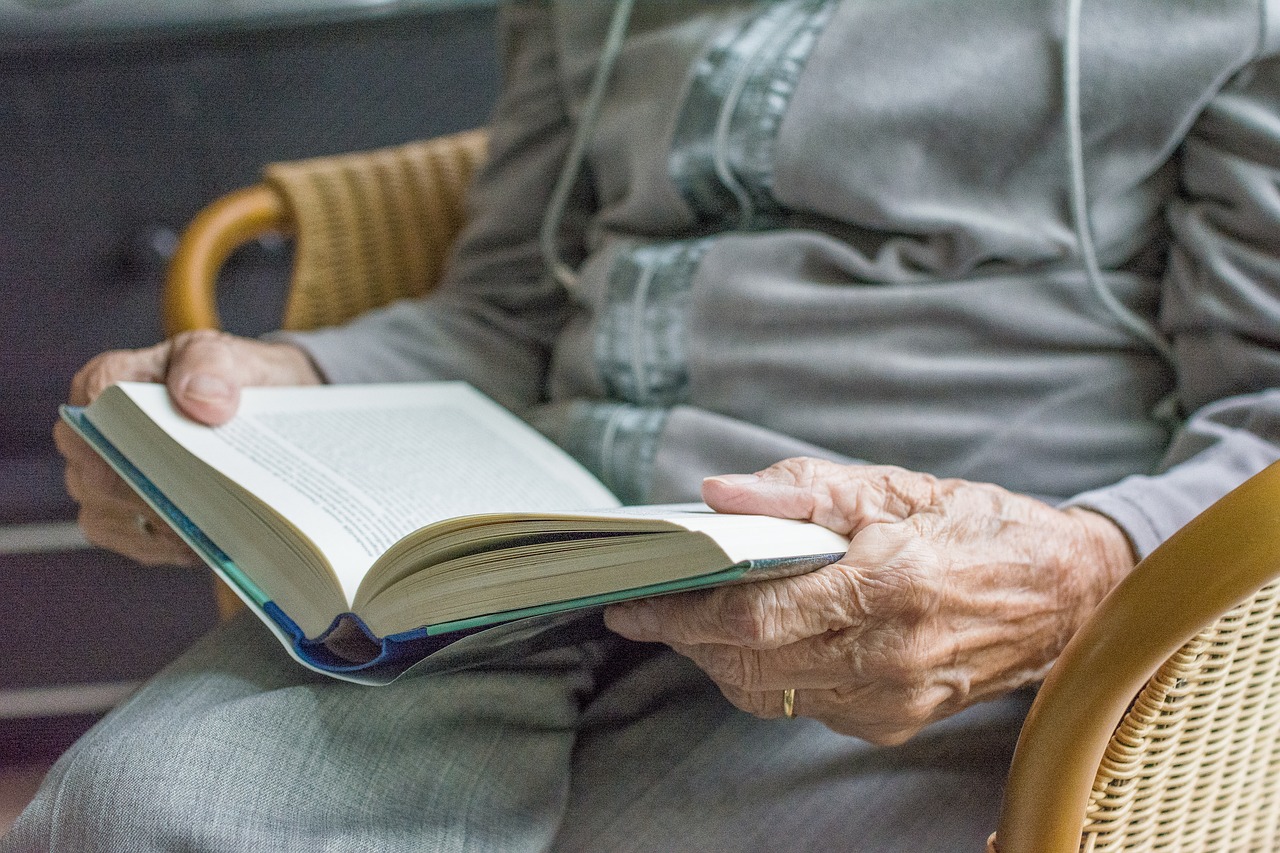
Overall, memory declines as we age, but prior knowledge may be able to benefit memory in old age.
-
Where is my mind? A brief review of neuroscientists’ search for biological substrates of memory
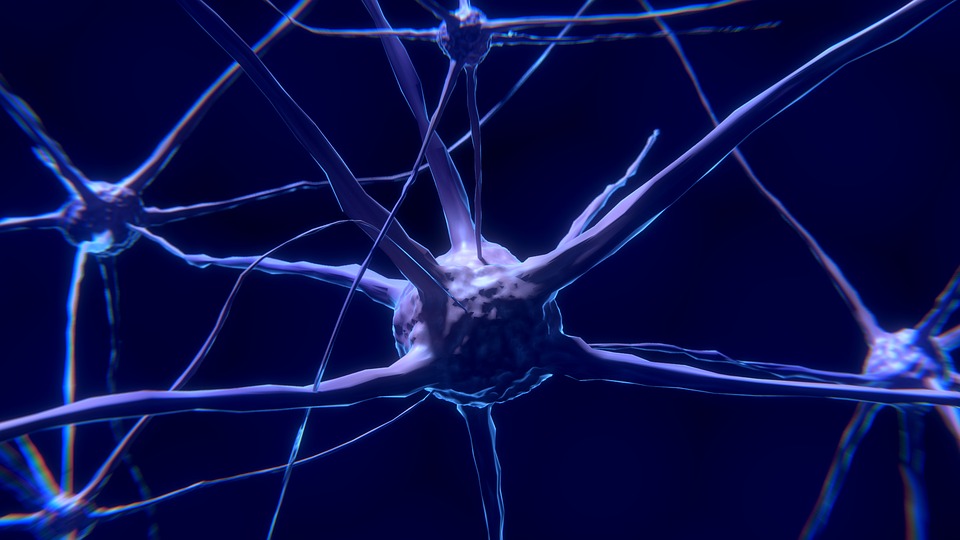
Neuroscientists have sought to understand the biological nature of memory for decades. In this brief review, I talk about the history of memory research and where the field is now.
-
Signal Detection: Decision Making in Uncertainty
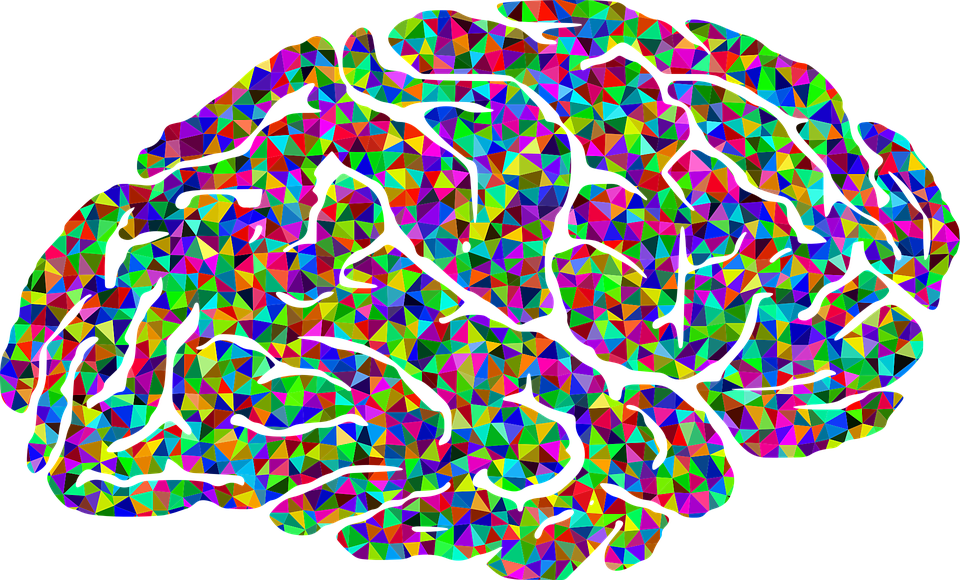
We all experience uncertainty: How did I do on that test? What do they think of me? Where did I leave my keys? Is my phone ringing? In these and other uncertain situations, we have to take the evidence we have and make our best guess about the answer. Sometimes we’re right, and sometimes we’re…
-
How to Take Good Notes: Go Low-Tech

More and more students are opting to take notes on laptops to save trees and – they assume – take better notes. But is this assumption correct? According to the findings UCLA’s Dr. Danny Oppenheimer recently published in Psychological Science , these students are wrong: in a study of note-taking comparing handwritten to typed notes, Meuller…
